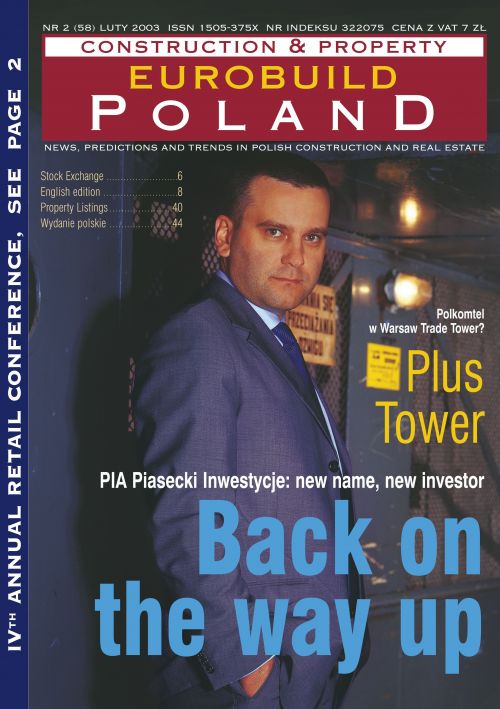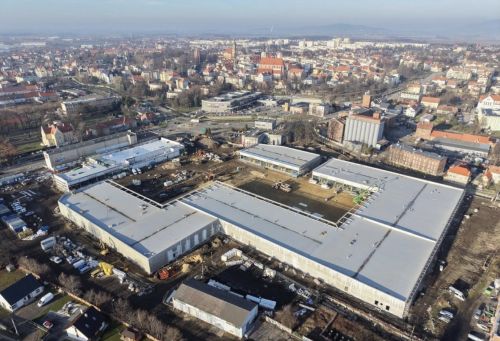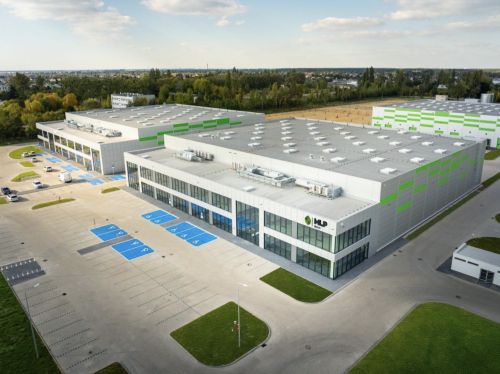He's been doing deals on the Polish real estate market for the past four and
a half years but now he's moving on. Soon the focus of his job will, initially
at least, be more on putting up rather than filling up Warsaw's office stock.
Jeroen van der Toolen of DTZ talked to Eurobuild about his next role and the
plans he and his new firm have for the capital
Belgian developer, the Ghelamco Group, was one of the first to hit the
headlines in 2003, with the sale of their Business Centre Bitwy Warszawskiej
office building to Austrian property fund Europolis Invest. As with a number of
other Ghelamco deals, agents DTZ were closely involved in the transaction and
from next month, the connection between the two will be accentuated when Jeroen
van der Toolen becomes Managing Director of the developer's Polish division.
Flowing information
"The interesting thing about being an agent," says van der Toolen,
"is that you're always in the middle of the information flow and as head of
a




























































